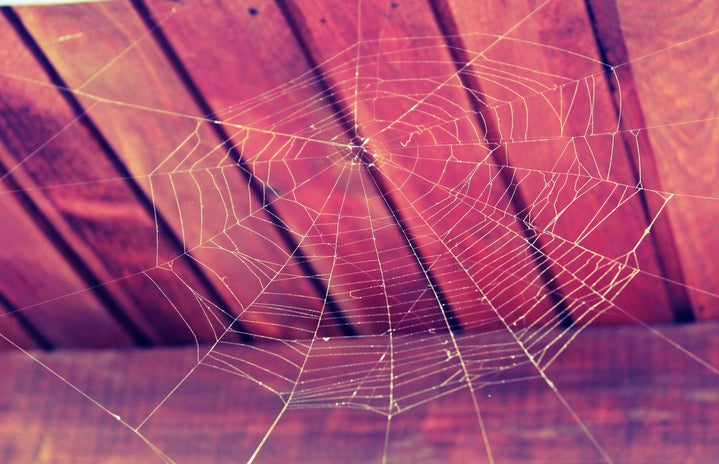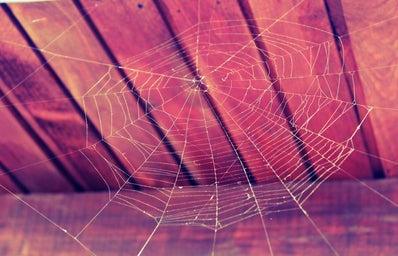I want you to take the time to think about Halloween in American culture: What is this holiday? What are we celebrating by dressing up as ghosts, monsters, sexy [insert desired profession here], or our favorite pop-culture references? In modern American society, Halloween – and the weekend leading up to this holiday – is some college students’ excuses to dress provocatively and throw parties. Stores are stocked with sweets and decorations, children canvass their neighborhoods for candy, adults bake pumpkin pies, and everyone watches scary movies. Corporations have appropriated the cultural, spiritual and religious implications of this holiday, and as a consequence, Halloween has lost its true meaning.
Generally, a holiday is supposed to allow people to celebrate and commemorate an event or tradition based on cultural or religious significance. So I ask again, what are we celebrating? In order to explore this question further, let’s take a look at Halloween from a historical perspective.
The beloved Halloween that we know today stems from a real holiday: All Hallows’ Eve, a multiple day celebration commemorating the lives of those who have died. Halloween has roots as far back as the Celtics, originating from the ancient Celtic festival known as Samhain. This festival marked the end of summer and the beginning of winter – the season often associated with death. It was believed that the night before the New Year, the boundary that separates the world of the living from that of the dead would become blurred. It was the night of the 31st of October that they would celebrate Samhain, an evening when (as it was believed) the ghosts would return to earth.
The Roman Empire would later come to conquer most of the Celtic lands, combining the Roman traditions with those of the Celtic. This gave birth to November 1st being dedicated to all saints and martyrs that had died, and November 2nd was dedicated to all souls.
Later on, Christianity found its way to Central American through the Spanish Conquistadores. The Spaniards brought along their beliefs and traditions, which later became incorporated in the customs of the indigenous people, and resulted in what is now known as Dias de los Muertos (Day of the Dead). This celebration has a long history in Mexican Tradition. Generally speaking the day of the dead is celebrated on the 2nd of November. However, it is possible to hear reference to “the Days of the Dead”, a festival that spans from the 31st of October through the 2nd of November. In this case the 31 is Halloween or All Hallows Eve, the 1st of November is el Dia de los innnocentes (the day of the children and All Saints Day), and the 2nd of November is All Souls Day (or the Day of the Dead).
Sometimes holidays lose their original meaning, become an occasion for people to have a good time, and that one would understand that, but it should never become an opportunity for people to feel free to show themselves at their worst, trashy, xenophobic, racist, etc. I asked a friend of mine what Halloween means to them. In response they, described the holiday as, “something new and special… out of the ordinary”. Then when I inquired about what exactly we were celebrating they said: “Nothing.” How did we get here?

